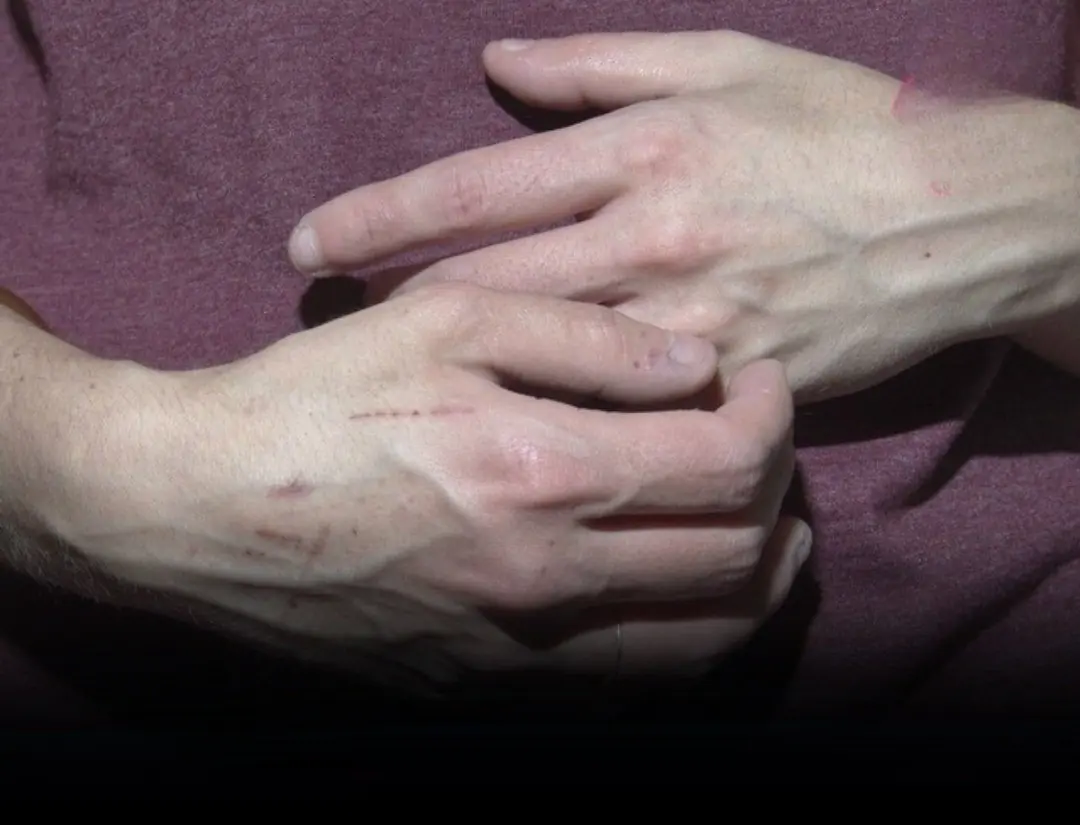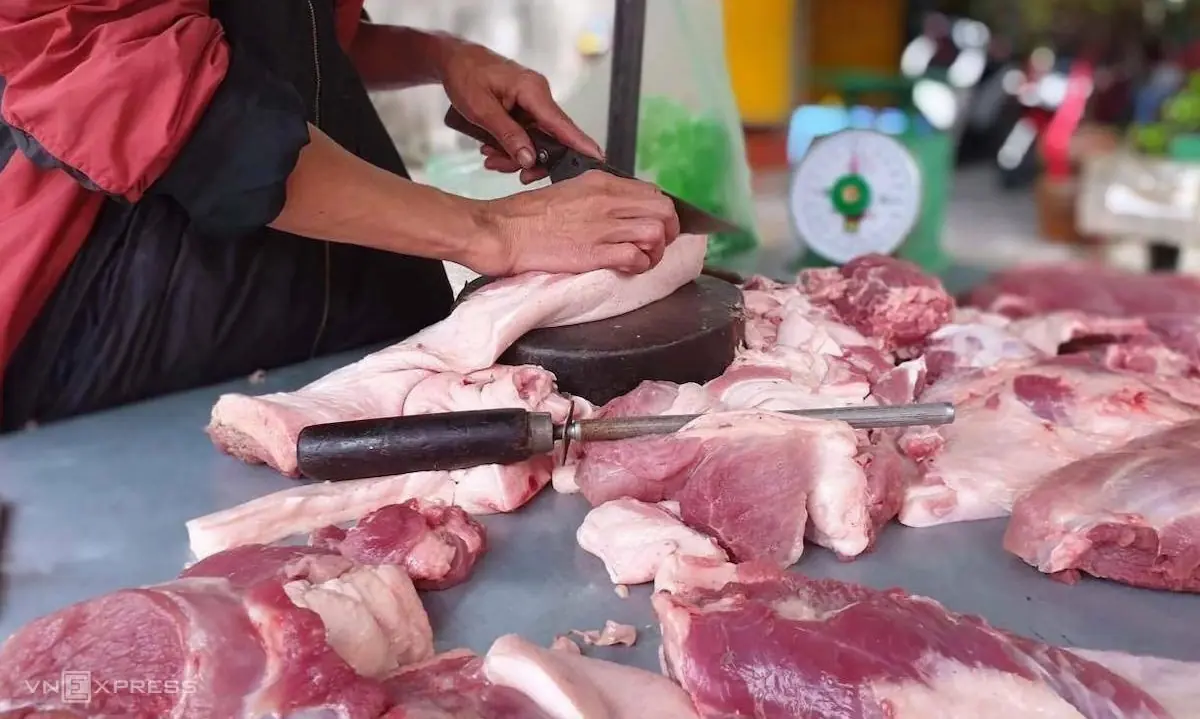
Is the number of teeth related to longevity?
Studies have shown that oral health is directly related to whether you are healthy and live long or not. 2 ways to eat fruit that "lead" to cancer, many people eat without knowing To tell the truth: 3 types of fruit that you should never eat on an empty stomach, even an iron-clad stomach cannot "resist" it The arson that killed 11 people: The victims were hospitalized in a serious condition, with a high risk of death
An average healthy adult has 28-32 teeth. Of which, 28 are indispensable for everyone, the remaining 4 are wisdom teeth that grow "unruly". In particular, the time of wisdom teeth growth is different for each person, some people do not grow wisdom teeth throughout their lives. So does the number of teeth affect our health or longevity?
A survey and research by Danish experts on 573 subjects aged 70 to find the answer to the above question. After 21 years of follow-up, the results showed that elderly people who had lost all their teeth or had less than 10 teeth had a disability rate 2.81 times and 2.13 times higher than those with 20 teeth within 5 years, respectively.
Another survey by Swiss experts based on data from 10,000 middle-aged and elderly people around the world also showed that the average life expectancy of people with healthy teeth was 11.7 years longer than that of people who had lost teeth.
Research by Toshinobu Hirotomi and Japanese scientists noted that people with less than 19 teeth had twice the risk of death within 5 years compared to those with 20 teeth or more. The analysis is based on data from more than 500 people in their 70s.
Although these studies cannot conclude that tooth loss can shorten our life expectancy, they have shown that tooth loss affects the quality of life of middle-aged and elderly people, thereby affecting their life expectancy.
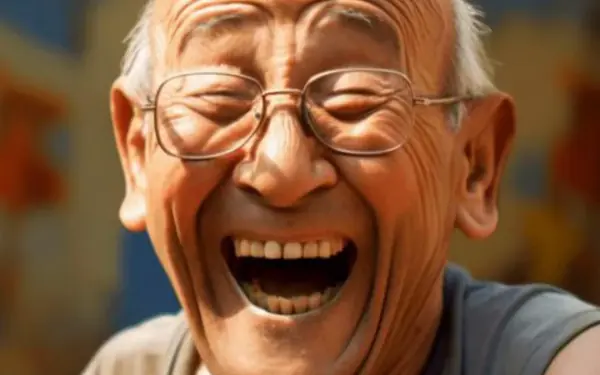
The harm of tooth loss
Many people think that humans have 28-32 teeth, missing one or two is not a problem. However, in fact, after a tooth falls out, it will affect the health of the whole body.
1. More teeth fall out
The gap formed by the loss of teeth will cause the teeth on both sides to gradually tilt due to lack of support when eating and chewing hard. Over time, the healthy teeth on both sides of the lost tooth will also gradually become loose. The teeth on the jaw opposite the lost tooth will also grow longer and longer due to lack of support from the opposite tooth, and will gradually become loose and fall out.
2. Difficulty speaking
Losing front teeth will affect pronunciation, and also greatly affect the teeth. When communicating with people, you will feel like you are out of breath, out of breath, and your voice is unclear, making it difficult for the listener.
3. Look older
Falling or crooked teeth can also "change" the shape of the face. We often see many elderly people with sunken mouths, which is because the lack of teeth will affect chewing. At the same time, it causes alveolar bone loss, causing the chin to move forward, the mouth to sink in, and looks very old.
4. Increased burden on the digestive system
After losing teeth, many people will have reduced chewing strength when eating. Although food that is not too small can still be swallowed, some foods with coarse fiber, if not chewed thoroughly, will put a burden on the digestive system. If this condition persists, it will cause diseases of the digestive tract.
News in the same category


Hang these leaves at your door and watch flies and mosquitoes disappear
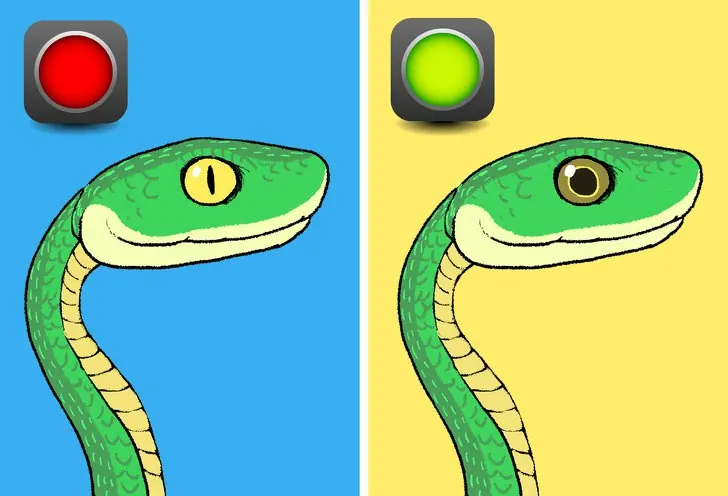
Identifying Venomous vs. Non-Venomous Snakes

The surprising trick of sticking cloves into an onion

A Step Many Think Makes Chicken “Clean” Actually Does the Opposite: Experts Everywhere Say Stop Immediately

4 simple and effective tips to clean yellow sweat stains on white shirts at home that anyone can do it

Why many people place their suitcase in the bathtub right after checking into a hotel room

7 Beautiful, Fragrant Plants That Naturally Repel Mosquitoes
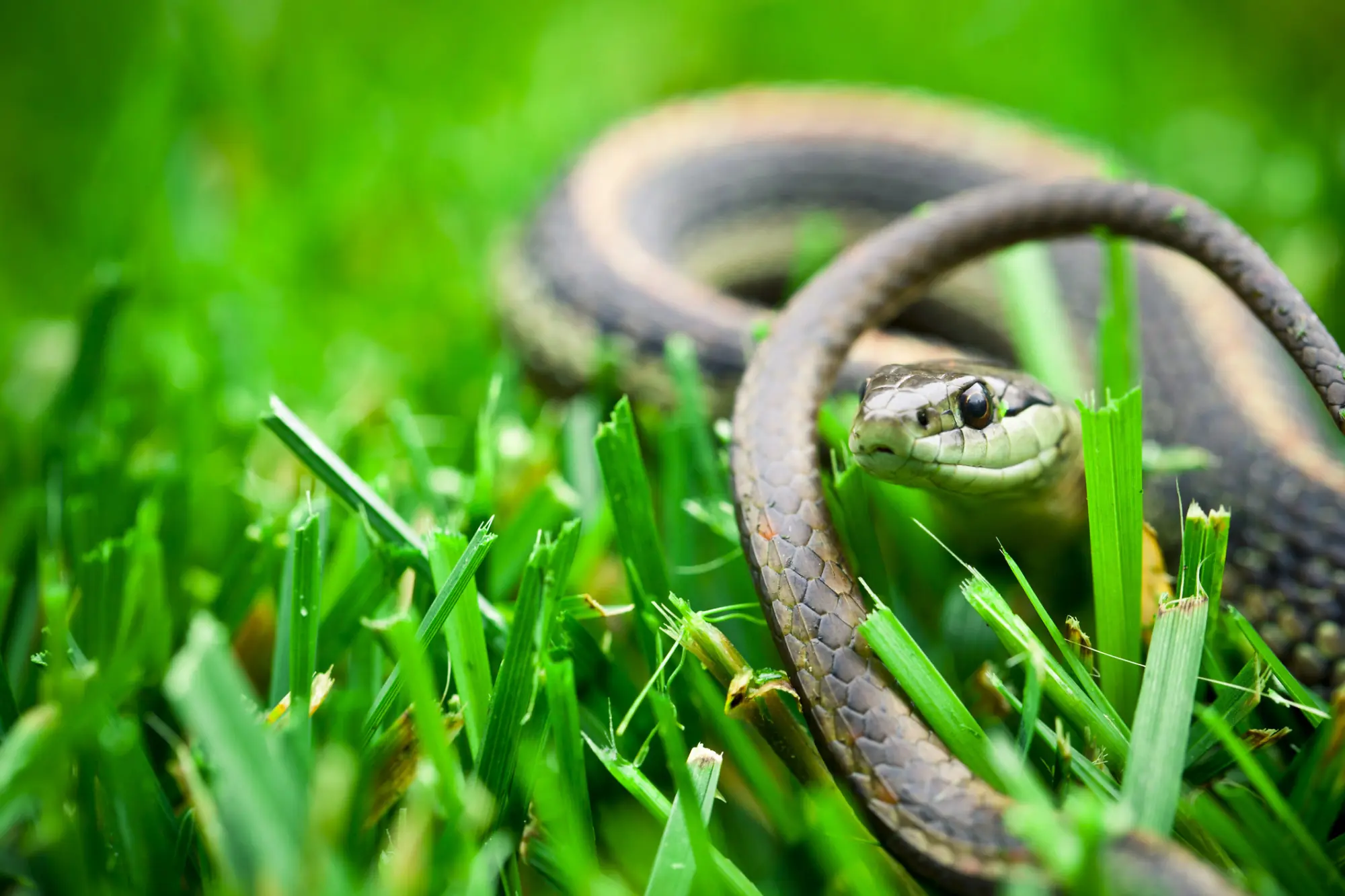
Plants That May Attract Snakes to Your Home: What You Should Know

Little-known benefits of placing lemon with salt in the room

Why Sprinkling Salt on a Gas Stove Is a Smart Household Trick

A Simple Kitchen Trick: Add This Fruit When Boiling Duck to Remove Odor and Boost Flavor

Never store your cooked rice without knowing this
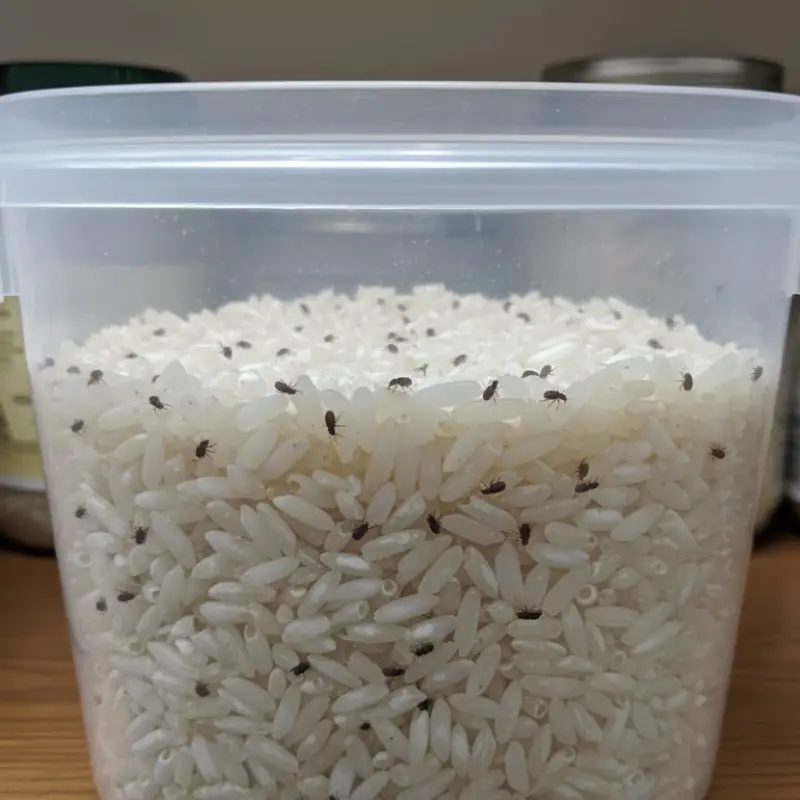
How to store rice to prevent insects and mold: Tips to keep rice fresh and flavorful

Why placing a roll of toilet paper in the fridge can effectively remove odors?
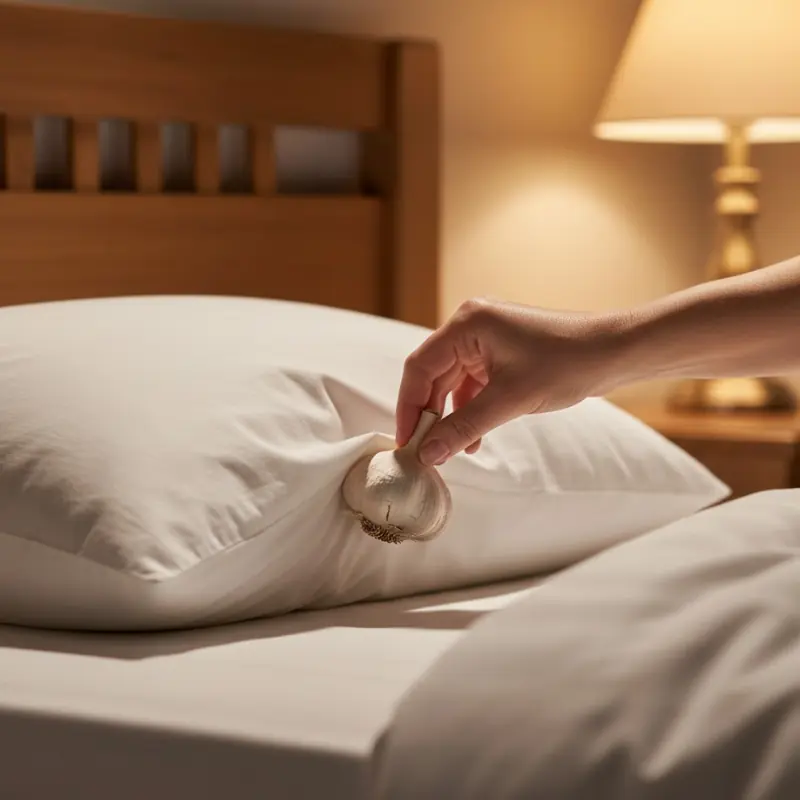
Why Should You Place Garlic by Your Bedside at Night? Everyone Will Want to Try It Immediately

6 plants that snakes are strongly attracted to, and 3 that naturally keep them away

Sprinkling salt in door cracks: A simple habit with surprising meaning and practical benefits

Goodbye fleas, ants, and cockroaches with this home remedy
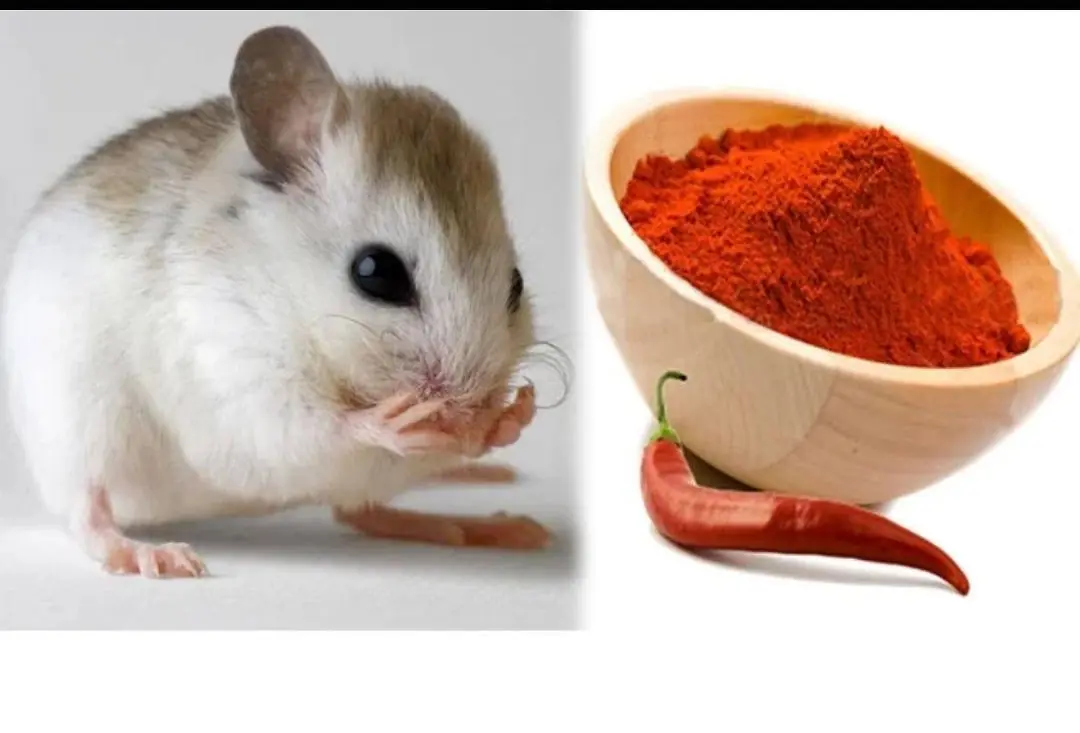
3 Easiest Ways to Get Rid of Mice in Your House
News Post
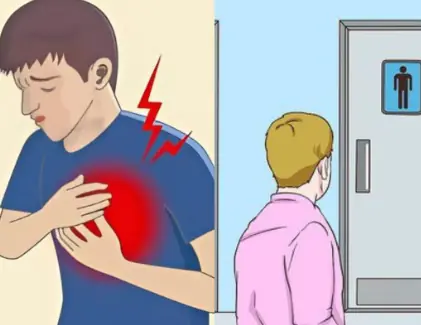
Getting up to pee often in the night could be a symptom linked to...

Here’s Why You Shouldn’t Sleep With A Fan At Night
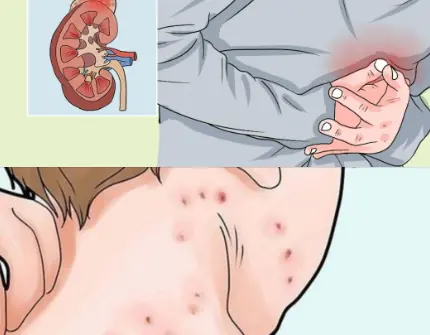
Early Signs of Kidney Disease & How to Protect Your Kidneys (Evidence Based)
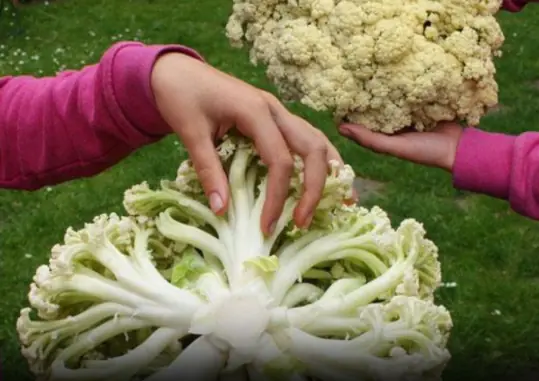
4 types of vegetables that cancer cells fear the most, doctors remind: eating a little bit often is good for your health
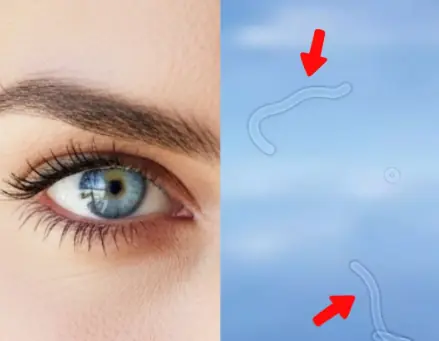
What Are Eye Floaters? Here What To Do If you Start Seeing Them, According to an Eye Doctor
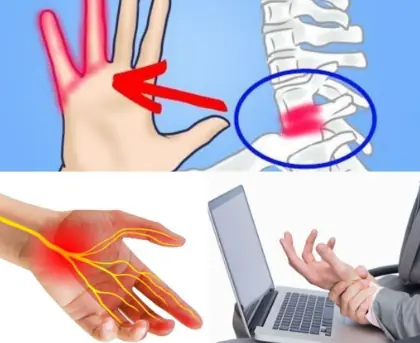
Reasons You Could Have Numbness or Tingling Sensations in Your Hands

Son took his mother to a nursing home and only visited her from time to time

Take this and stick it in a lemon and leave it in the corner of the house
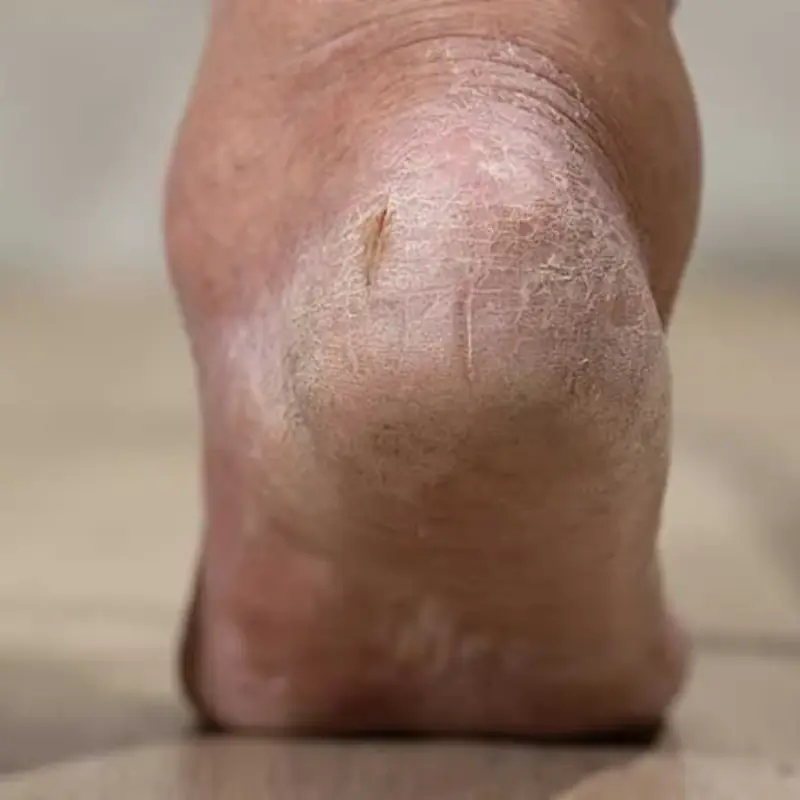
These 5 Changes in Your Feet Might Be Linked to Kid.ney Health Issues

Put ginger next to your pillow when sleeping: A simple secret for good health and sleep

Strawberry Banana Cream Cake
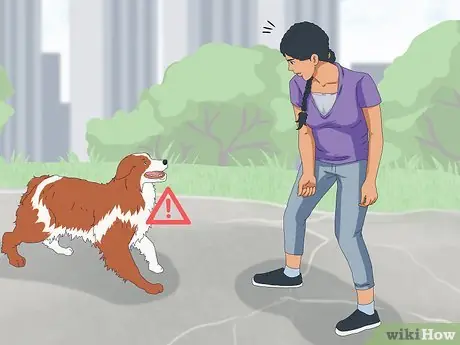
Why do dogs ba.rk and bi.te some people but not others? There's always a reason!
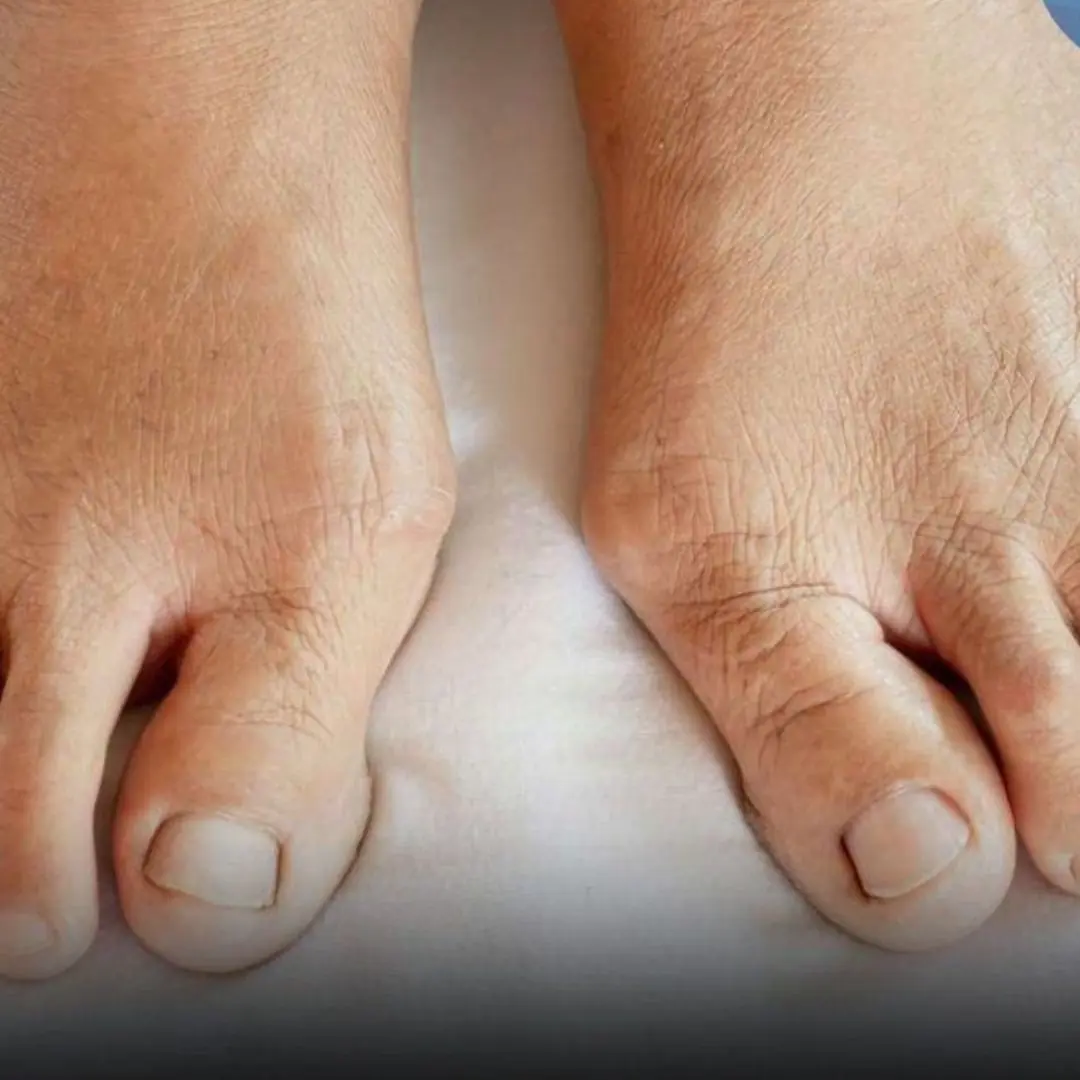
To know if your internal org.ans are infected, just look at your feet. If there are 3 signs, you need to go to the emergency room

These red dots on your skin may mean more than you think

The effect of stewed chicken feet with black beans is as good as ginseng
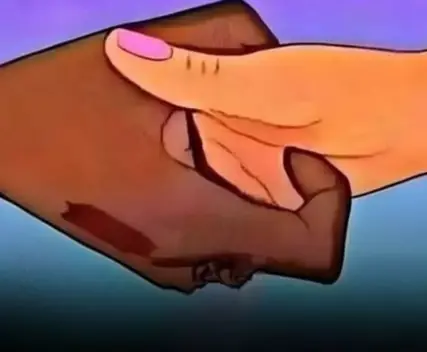
The Meaning Of The Intriguing Gesture Of Scratching The Palm Of Another Person’s Hand

Okra Is Nutritious, but These 5 Groups of People Should Avoid It

Packed with powerful nutrients, these 3 humble vegetables are hailed in Japan

Every morning when you wake up, you must pay attention to your health
